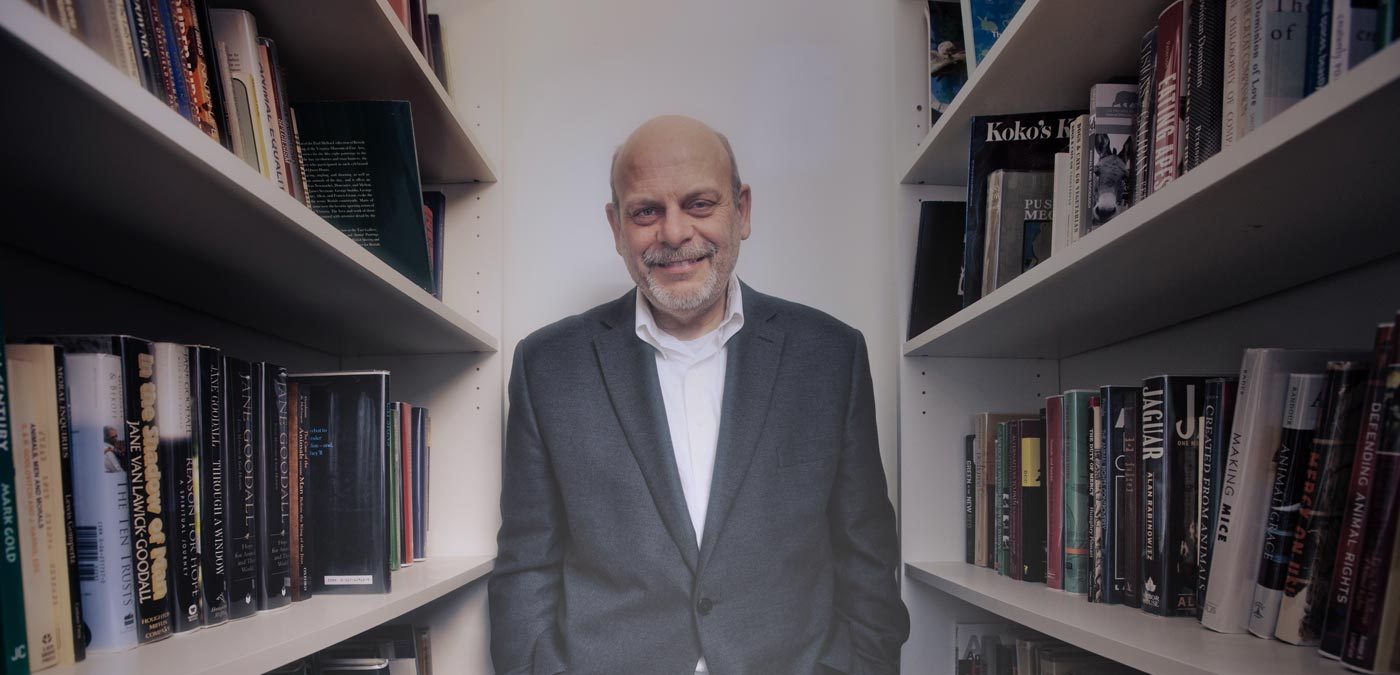Minding Animals 2 Utrecht
Nearly one week ago I returned to England from the Netherlands where I attended the second international Minding Animals conference at the University of Utrecht. Although I have been incredibly busy between then and now, the luxury of these few days distance offers me an opportunity to reflect and consider what it all meant to me. I’m grabbing sometime now before it’s too late to commit my thoughts to paper, er, virtual paper. Otherwise it will be too late. The memories and feelings will soon dissipate.
Let me be abundantly clear. As Deputy Chief Executive to Minding Animals International, this post reflects my personal views. Not the opinions of MAI or anyone else associated with the project. Having said that, I’m confident that some of my colleagues will agree with me here (and there). But it’s up to them to share their own thoughts. By the way, MAI Deputy CEO is a voluntary position. (As is CEO, which is held by Rod Bennison.) I paid to attend MAI2 myself. All the costs were met by me, except for conference registration, which was complementary.
I was unable to attend the first Minding Animals conference in Newcastle, Australia three years ago. Various reasons prevented me from going. Everyone I speak to who did describe it as a transformative event. Several reasons are given. The first event of its kind. The smooth organisation. The opportunity to meet at last with people who folks have been only in contact with via email. And so on.
MAI2 had a tough act to follow. During the intervening three years, there had been much progress in the development of Animal Studies and animal advocacy generally. Of course, Animal Studies is not a monolith. Even though it is still a relatively small and emerging academic discipline, I think of Animal Studies as an umbrella name for various strands of academic thinking that fall under it, including Human-Animal Studies, Critical Animal Studies and Animalia Studies. These differences are important but it’s not necessary for my purposes here to explore them.
Suffice it to say, folks representing the various strands of Animal Studies were present at MAI2. It is not surprising, therefore, that this caused some disagreement among the delegates over the program. I am not going to go into here but the organisation behind MAI2 was a complicated affair. The conference convenor, Tatjana Visak, worked incredibly hard to make sure the conference was a success. In my book, Tatjana is a hero whose attitude and professionalism were exemplary.
Nevertheless, as is perhaps to be expected with a new venture with 700 people in attendance, it was a hugely complicated meeting to organise. I know from my own experience of organising lobbies on Parliament, workshops, conferences, demonstrations and much else besides, that sometimes things simply do not go as they planned. But there were also somethings that were planned that I disagreed with. As I say, the organisation behind MAI2 was a complicated affair. In any event, everyone’s feedback was considered, noted and will be used to help improve future MAI events and activities.
So, which thoughts about MAI2 linger with me one week later?
First, the confirmation that Animal Studies is alive and well and growing as an academic enterprise. It is vibrant with a kaleidoscope of perspectives, disciplines, interests and possibilities. Given how our confused and complex our relationship is with other animal, the inter-disciplinary nature of Animal Studies is not only necessary but exciting.
Second, the development of political theory and animal rights. As Ken Shapiro, my colleague at the Animals and Society Institute pointed out, it was necessary for the modern animal rights movement to devote a chapter in its formative stage to animal ethics. This was needed to lay a foundation of moral understanding which, in turn, facilitated a further stage of political theory and animal rights. The plenary session with Robert Garner and Will Kymlicka was fascinating. Together with Siobhan O’Sullivan and others developing political theory and animal rights, I am encouraged that the animal rights movement might yet have a chance of making animal rights a mainstream political issue.
Third, the importance of conferences in of themselves as opportunities to meet and reacquaint ourselves with each other as well as indulge in time and space to think, chat, argue and learn.
Finally, Utrecht is a stunningly impressive city. This was my first visit. It appears to be a very civilised city. But watch out for the bicyclists.












